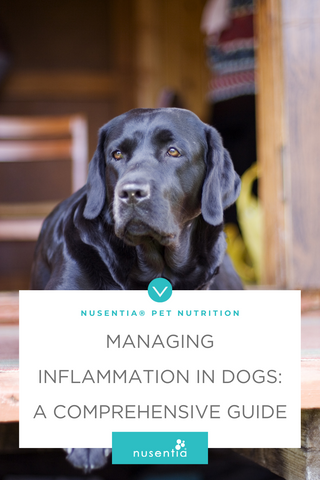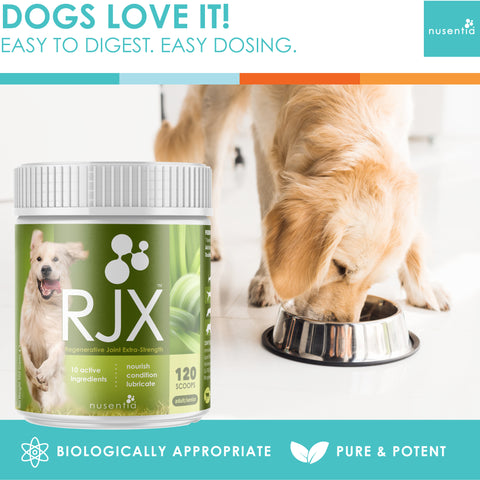Inflammation is a common ailment in pets, akin to humans, leading to pain and functional impairments. Recognizing symptoms and understanding inflammation's various manifestations are crucial steps for pet owners in maintaining their pets' health and finding home remedies that can help.
Understanding Dog Inflammation and Its Root Causes
Inflammation serves a protective role, aiding in healing when balanced and short-lived. However, chronic or excessive inflammation can cause significant health issues. This section explores the primary causes of inflammation:
- Improper diet
- Food allergies
- Gut flora imbalances (dysbiosis)
- Stress
- Environmental pollutants (inhalant allergies)
These factors can overstimulate the immune system, leading to systemic or localized inflammation. The immune response includes producing cytokines, which, in excess, can cause inflammation and elevate disease risk, such as cancer and arthritis.
Identifying Symptoms of Inflammation in Dogs
Joint Inflammation
Joint inflammation arises as an immune reaction to joint degeneration, damaging the cartilage and the underlying bone. Symptoms include:
- Difficulty rising
- Hesitation to jump
- Irritability and mood changes

Gut Inflammation
Gut inflammation can result from various causes, including food sensitivities and medication side effects, leading to conditions like leaky gut syndrome, IBS, and IBD. Symptoms include:
- Diarrhea or constipation
- Excessive gas
- Bloating
Systemic Inflammation
Systemic inflammation affects multiple organ systems and is notably associated with obesity, characterized by elevated inflammation markers. Overeating typically causes obesity, but it can also result from hormonal imbalances. Symptoms include:
- Excess weight
- Lethargy
Natural Remedies for Dog Inflammation
Diet modification is crucial for managing inflammation. Ensure your dog isn't overeating and isn't allergic to their food. Opt for cleaner, simpler dog food without fillers or grains. Additional strategies include:
- Regular exercise
- Omega-3 Fish Oil supplementation for its anti-inflammatory benefits
Specific remedies based on condition:
- Joint Inflammation: Combine diet, moderate exercise, and Omega-3 Fish Oil with a joint support formula to improve joint function and mobility.
- Gut Inflammation: Alongside dietary adjustments, incorporate probiotics to balance gut flora and consider advanced multivitamins for older pets or those on medication.
- Systemic Inflammation: Prevent overeating, ensure adequate exercise, and provide high-quality Fish Oil supplements.
For natural, trusted pet health supplements with proven formulas to improve your furry friend's overall health, visit Nusentia, a brand trusted by veterinarians and pet parents alike since 2008.





